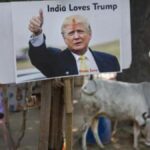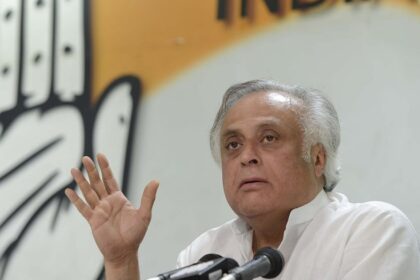Trump’s Victory in U.S. Election: A Concern for Asian Allies
Republican Donald Trump’s victory in the U.S. presidential election has raised concerns among Asian allies about Washington’s commitment to post-war security arrangements. With China’s rise and North Korea’s volatile situation, there’s growing anxiety among Asian capitals.
Trump’s "America First" rhetoric and calls for allies to pay more for U.S. troops in the region or face possible withdrawal have worried officials in some Asian capitals. His opposition to a 12-nation pan-Pacific trade pact, which was a key part of Washington’s "pivot" to the region, has also raised concerns.
South Korea’s ruling Saenuri Party floor leader Chung Jin-suk, in parliament on Wednesday, said, "We should expect dramatic changes in the security environment." However, he added, "In any case, there should not be any wavering in the Korea-U.S. military alliance, which has been the foundation of prosperity of this country."
A Japanese government official, speaking before Trump clinched the election, urged the new president to send a reassuring message. "The new president-elect should as soon as possible issue a statement reassuring the rest of the world that the strong commitment of the United States to its allies remains strong and reliable," the official said.
Trump has made several comments that have disturbed Washington’s Asian allies, from insisting they must foot more of the two-way defense bill to suggesting it might be alright for Tokyo and Seoul to develop nuclear arms capability.
Two Trump advisors, writing in the November 7 edition of Foreign Policy magazine, criticized the Obama administration for failing to halt China’s aggressive maritime activities in the East and South China Seas. They wrote, "There is no question of Mr. Trump’s commitment to America’s Asian alliances as bedrocks of stability in the region."
The authors also criticized the Obama administration for failing to halt China’s aggressive maritime activities in the East and South China Seas, where Beijing has territorial rows with several countries in the region. They wrote, "The mere initiation of the Trump naval programme will reassure our allies that the United States remains committed in the long term to its traditional role as guarantor of the liberal order in Asia."
Mr. Trump’s approach to the North Korea security alliances could spark calls in Japan for a more independent security stance, although serious talk of acquiring nuclear weapons is unlikely to emerge in the only nation to suffer atomic bombings.
A Japanese diplomat said, "I think they will have more legitimacy," referring to those seeking a more robust security stance. "But the Japanese public is reluctant to go in that direction and we don’t have the capacity in terms of budget or military personnel."







